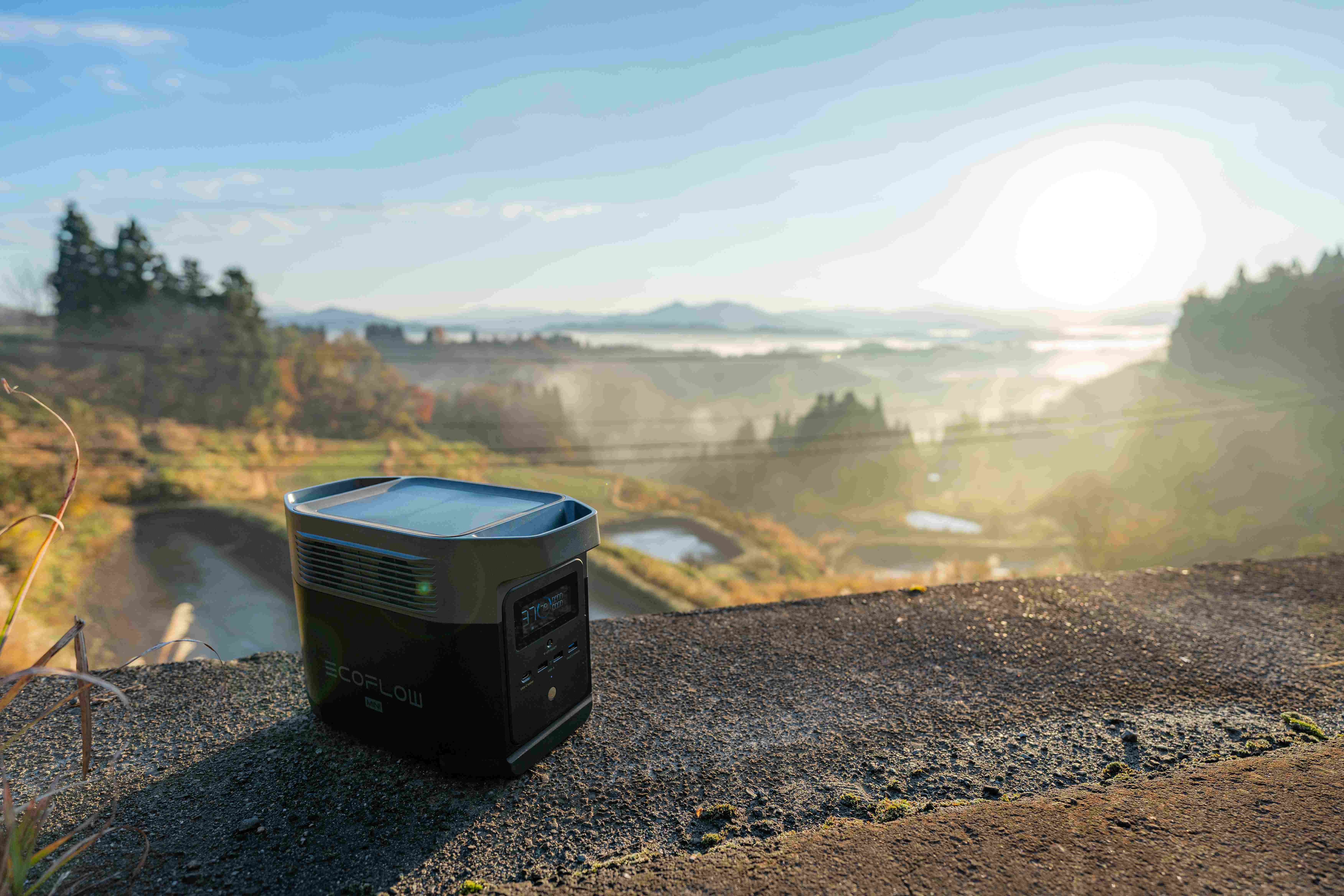How to Calculate BTU From Watts
When working with heating and cooling equipment, you need to know how to change watts to BTUs. This guide shows you how to easily change electrical power units (watts) to heat energy units (BTUs). It also includes useful estimates for both the power output right now and the total energy use over time.
Two Core Concepts: Watts and BTUs
It’s important to fully understand what Watts and BTUs mean before you start doing any math. These figures measure somewhat different forms of energy, even though they are sometimes used together.
What Exactly is a Watt (W)?
The watt is the unit of measurement used generally for power. It discovers the rate of energy generation or consumption. One joule of power per second equates to one watt. Every electrical device, from toasters to air conditioners, has Watts inscribed on it. The wattage of a device indicates its running power consumption. Usually, using more electricity and generating more heat, a gadget with more watts requires.
What is the BTU (British Thermal Unit)?
A BTU is a unit of heat energy. One BTU is the amount of energy needed to heat one pound of water by one degree Fahrenheit. Scientists like joules better, but most people in North America still use BTUs for things like grills, fires, and heating and cooling equipment.
Why Power Is Not the Same as Energy
The main difference to understand is:
- Watts measure power (rate of energy use) - like speed
- BTUs measure energy (amount) - like distance
For example, a 1500W heater uses 1500 joules of electricity every second.
On appliances, “BTU/hour” (or BTU/h) is really measuring power, same as watts. It indicates the hourly thermal energy capacity of the gadget. For our conversions, this directly makes BTU/h exactly equivalent to watts.


The Core Conversion Formula: Your Key to All Calculations
Now that you understand what watts and BTUs measure, we need the essential formula that connects them - the foundation for all calculations that follow.
The Critical Conversion Number
1 Watt = 3.41214 BTU/hour
This single conversion factor is what makes all watt-to-BTU calculations possible. It comes from the basic relationships between energy units:
- 1 watt means 1 joule per second
- 1 BTU equals about 1055 joules
- There are 3600 seconds in an hour
When we work through the math:
3600 seconds × 1 joule/second ÷ 1055 joules/BTU = 3.41214 BTU
Why This Formula Matters
This conversion factor is the link between what we just learned and the math that will be done in real life. This number is important for every way we’ll talk about next.
This formula makes sure that when you compare electrical equipment (in watts) to heating and cooling equipment (in BTU/hour), the measures are the same. The ability to convert an electrical power rating to its similar heating power rating is very important for making smart choices about which appliances to buy and how much energy to use.


How to Calculate BTU From Watts: Two Ways
Two useful computation strategies surface for various scenarios once the basic conversion factor is known. The second computes total energy output over time; the first transforms power ratings for device comparison.
Method 1: Converting Watts to BTU/hour (For Heating/Cooling Power)
Your most often required conversion is this one. This will help you determine the strength of a heater or cooler—that example, whether a space heater would be sufficient for your room.
The Simple Formula
BTU/hour = Watts × 3.41214
Three Easy Steps
- Find the device’s wattage on its label, manual, or specifications
- Multiply the watts by 3.41214
- The result is the heating/cooling power in BTU/hour
Example
A 1500-watt space heater:
BTU/hour = 1500 × 3.41214 = 5118 BTU/hour
This means the heater produces about 5118 BTUs of heat every hour it runs.
Method 2: Calculating Total BTUs Over Time (For Total Energy)
Use this method when you need to know the total heat energy produced over a specific period, not just the rate of heating.
The Formula
Total BTUs = Watts × Hours × 3.41214
Four Simple Steps
- Find the device’s wattage
- Determine how many hours the device will run
- Multiply: Watts × Hours × 3.41214
- The result is the total heat energy in BTUs
A 100-watt light bulb left on for 5 hours:
100 watts × 5 hours = 500 watt-hours
500 watt-hours × 3.41214 = 1706 BTUs
This means the light bulb produces about 1706 BTUs of heat energy during those 5 hours.
Real-World Uses and Efficiency Limitations of Watt-to-BTU Conversions
Once you know the conversion formulas, you need to know how to use them properly, which means knowing both their practical uses and limitations. The calculations can be used in useful ways in the real world, but there are some details that make them less accurate in some cases.
Real-World Uses for Your Calculations
Comparing Different Heating Systems
BTU/hour rates are often used for HVAC equipment like furnaces and air conditioners. You can directly compare an electric heater to a gas or oil heater by changing its power to BTU/hour. This lets you choose equipment that is the right size for your place without having to guess.
Tracking Energy Usage
The total BTU estimate helps you keep track of how much heat an appliance makes over time. This gives a more accurate picture of how much energy is being used, which is especially helpful for keeping home or business heating costs down.
Evaluating Backup Batteries and Portable Power Stations
The power of portable power sources, such as the EcoFlow DELTA 2 Max, is usually given in watt-hours (Wh), which needs to be converted to British thermal units (BTUs) to figure out how much heat they can provide. This is especially helpful for figuring out how long these things can power heating equipment when the power goes out. As an example, a 500Wh backup battery can give off about 1706 BTUs of heat, which is enough to power a small 150W electric heater for three hours.
Critical Limitations
Although the usual conversion assumes 100% efficiency, some appliances manage energy rather differently:
- Electric Resistance Heaters (space heaters, toasters): Nearly 100% efficient at converting electricity to heat - the straight conversion is accurate
- Heat Pumps: These move already-existing heat from one area to another rather than merely turning electricity into heat. Equivalent to 10.236 BTU/hour rather than simply 3.424, a heat pump with a COP (Coefficient of Performance) of 3 produces three times more heating power than its wattage suggests.
- Air Conditioners: Rather than generating heat, these transfer it. Their efficiency ratings—EER or SEER—link energy input to cooling capability. The direct conversion indicates not the cooling capability but merely the heat produced by the electrical components.
For everyday calculations, using 3.412 instead of 3.41214 as your conversion factor is perfectly fine. The small difference rarely matters unless you need extremely precise measurements.
Convert Watts to BTUs With Confidence!
You can use these easy methods to get power to work with heating and cooling systems. When comparing electrical devices, making sure you have the right size equipment for your room, or keeping track of how much energy you use, remember that 1 Watt equals 3.41214 BTU/hour. This conversion works great for resistance heaters, but keep in mind that heat pumps give off more BTUs than estimated, and it doesn’t give a true picture of an air conditioner’s cooling power. It’s fine to use 3.412 as your conversion factor for everyday tasks